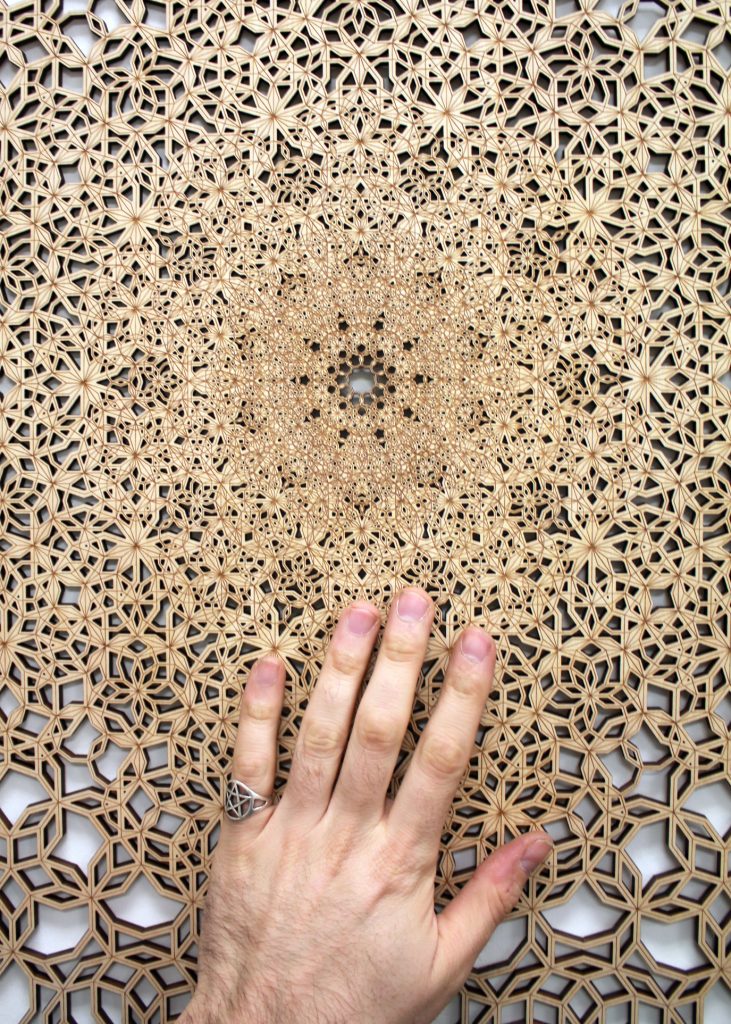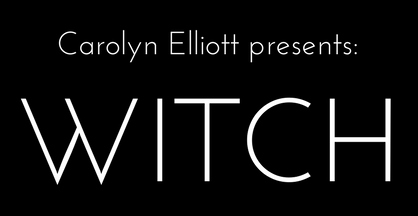by James and Laura Gyre
What do artists, scientists and mystics throughout time have in common? Intuition.
You need it, you want it, and luckily you’ll never have to live without it.
Intuition is instantaneous gnosis, a function of millions of neurons that seem to spit out brilliant advice when we need it most.
Do you really want to assess the logical implications of every aspect of every decision? Nobody has time for that.
At some point you will need your intuition, so you might as well get in touch with it as soon as possible.
1. Getting Started
Intuition can occur at any scale, from the grand – such as what city (or cave) to live in – to the the nearly meaningless, like what color shirt to wear or where to place your water glass.
So, if you’re a beginner you can cultivate intuition by starting with the little things. Is something telling you to stop walking downstairs and go back up?
Great, do it.
Do you suddenly feel like buying orange juice when you normally buy apple? Do it.
Have a nagging feeling your should go out to a show you normally wouldn’t? Why not try it?
Many of these decisions don’t carry that much weight, so it’s not too risky to experiment with them.
By following these small impulses (and by not following them at other times) we may get results that help us understand which sorts of impulses lead to interesting results.

2. Sorting Out Your Feelings
The challenge is in distinguishing intuition from other impulses and sensations.
Some people experience intuition as a thought, a voice or a physical feeling. There are a lot of related sensations that can be confusing, though.
Fear, obviously, is a deep, immediate response to a situation – some of it is useful intuition, but much of it is not.
Desire is another complicating factor. We want many things in life: food, sex, intoxication, excitement, consumption and style, for example.
But having a passing desire for something doesn’t mean that it’s best for you to acquire it.
It’s often tempting to mistake desire for intuition, but intuition is a means to getting more of what you desire most, not most immediately.
Satisfying the one desire that runs counter to your intuition may prevent you from achieving ten others.
There’s no magic bullet for these intuitive impostors, but awareness of the possibilities is a good place to start.
3. A Leap of Faith
You will gradually learn to trust your intuition and distinguish it from other inner voices.
While at first it may only seem comfortable to experiment with very minor decisions, eventually you may trust it to make your health choices, do your scheduling, and even influence your career and relationships.
These may seem like big decisions, but that actually makes intuition more useful, since there are so many contributing factors that can be hard to weigh logically.
If you think you might be ready, you might as well go for it. At some point this sort of leap is necessary, since acting on intuition cultivates increasingly powerful guidance.
4. Tricky Moments
There will be times when you’re unsure.
It can be very difficult when the subject in question is something you struggle with – addictive behavior, for example, or anything that brings up a reaction to trauma you’ve experienced in the past.
A good guide is to check in with your body.
A lot of big moments make us feel a little nervous, which is fine and even a good sign.
There’s a big difference between a feeling of nervousness and slight excitement, though, vs. total dread or a feeling of deadness and disconnection.
Intuition may be trying to give you a little push, but it won’t force you to do something you aren’t truly ready for.
5. Constant Cultivation
You may benefit from a period of orthodoxy, following intuition every time you notice it.
In the beginning you can experiment without following every impulse (to observe the different results), but a certain period of constant cultivation offers other fruits.
You can still start small, for example an hour where you will follow every intuition (of course, with the exception of anything you don’t think is safe enough), or a day, a week or a month.
There will almost certainly be times when you will screw it all up and get it ass-backwards, but keeping your genuine effort on the intention to listen consistently helps to strengthen your awareness and understanding of the process.
Orthodoxy can lead to closed-mindedness, guilt & feelings of self-righteousness, though, so pursue at your own risk.
6. Getting Stuck
On the other hand, you might want to shake things up.
If you’ve narrowed your choice down to two options that are similarly attractive, a flip of a coin, roll of the dice or online number generator can be an excellent tool.
Endless waffling over paths may not always have a poetic outcome or encourage intuitive flow, and sometimes there’s no one right way.
Learning tarot, runes, i ching, oblique strategies or any of the other great divinatory systems can also be fruitful.
Whether or not you believe in a divine nature of randomness, the symbols offer a sort of prompt to the intuition and can bring a certain depth to the process that C.G. Jung once claimed was more likely than logic to produce an accurate picture of reality.
If you use a random process – for example flipping a coin – you may also notice a sudden intuition or preference in the moment when you see the outcome.
7. Art Practice
Abstract, improvisational, & free-association arts are a great font of intuition.
The reason is simple: aesthetic choice.
Your feeling that you should use red instead of blue, or shakers instead of cymbals, is intuitive.
Dancing is physical intuition. Of course, the art process often combines intuitive decision making with logical strategy, but even the most technically precise art practice usually involves some intuition.
If you’re attracted to any art at all, try pursuing it at least semi-seriously for some time, and meditate on the connection between your aesthetics and your intuition.
Write free-association stream of consciousness text or doodle and sketch or play a rhythm on a drum and see where it takes you.
For best results, focus at least as much on your feelings as you work as on your desired outcome.
8. Emergent Intuition
You will meet other intuitive people, in many fields.
Your grandmother, your co-worker, your neighbor and your night-out crew are all potential allies in intuition — and then of course there’s the intuitive process that is romance.
Spending time with these people can help you build confidence in your own intuition, while also learning to navigate group process on a deeper and more interesting level.
Allowing these relationships to deepen leads to interesting questions about how two or more intuitive impulses play out in the same space and time.
The balance of making space for other people’s intuition while following your own is an important skill.
Spoiler alert: when a group is tapping into intuitive guidance, really interesting things can happen.
Just like your intuition can sometimes be “smarter” than your logical mind, an intuitive group process can help to work out differences of opinion or communication issues that are really hard to surmount with words.
9. Making Space
We do so many things in this over-complicated world that it can be hard to remember our intuition.
As much as you can, make space to listen to yourself, your wisest notions, your body and your empathy for the intuitions of others.
Some practice of yoga or other exercise, meditation, time in nature or whatever helps you get out of your head and in touch with your body and feelings is great.
Even doing meditative chores like washing the dishes, chopping wood or driving in silence for 30 minutes can be a good opportunity to check in with yourself and your intuition.
Making space for this might seem impractical, but improving your relationship with intuition has highly practical results.
By being present with your intuition you are more able to access your true desires and become a mirror for others (or potentially a swift savior in an emergency – intuition is a little like a super-power).
10. Breaking Out
Your intuition may not thrive in an environment where there is TOO much consistency.
Eating the same meals every day can get tiring, and so can living the same routine.
New experiences can trigger inspiration and make it easier to enter a state of flow. So, go out to the place you’re drawn to most, or stay in if you’ve been going out too much.
Care for others more, or take better care of yourself. Get off the internet.
No, seriously, get off of it even for a while. Bet your intuition will remind you of stuff you were distracted from.
You don’t use the internet? Oh, you should check it out. Seriously. There’s amazing things on there like my geometric art. Intuition is what lead to ALL OF THIS.
IN CONCLUSION
If this essay resonates with you, please join our WITCH email list by using the forms on this website so we can stay in touch.

